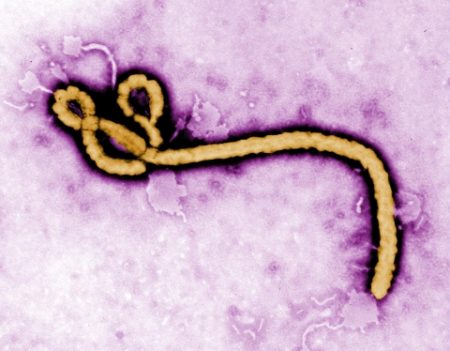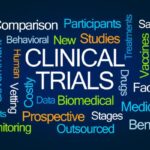May 17, 2018 – The hemorrhagic fever known as Ebola has once more emerged in Africa. The latest outbreak has led to 23 deaths in the Democratic Republic of the Congo. Beginning in remote villages, 42 cases so far. The latest of these has occurred in Mbandaka, a city with a population of over one million. Ebola in a city represents an escalation of the medical crisis. The 23 deaths were in remote locales. In Mbandaka, located on the Congo River, the health threat represents a far greater risk to the country and its neighbour, The Congo Republic, which sits on the opposite bank from the city.
This is the ninth outbreak of Ebola in the Congo since it was first reported in the 1970s. An experimental vaccine may prove to be the answer to this latest outbreak. The World Health Organization (WHO) is deploying the vaccine invented by Merck, the pharmaceutical giant. Back in 2016, the FDA of the United States gave the vaccine a Breakthrough Therapy Designation. At the same time, the European Medicines Agency granted the vaccine PRIME status. These two designations expedited the process for development and production of the vaccine for therapeutic treatment to both existing patients and as a preventive.
Known as V920, the vaccine was engineered by scientists from the Public Health Agency of Canada’s National Microbiology Laboratory in Winnipeg, Manitoba. Merck licensed it for broad clinical use providing funding to support its further development. And now subject to final approvals and assistance from the WHO and Medecins Sans Frontiere (MSF) the company is ready to go with 4,300 doses to deliver to the outbreak area. Current stockpiles for V920 amount to 300,000 doses.
As a preventive, the vaccine remains an unknown in terms of duration. But that doesn’t mean it won’t be administered to as large a number of individuals in the affected area to prevent Ebola’s spread. The initial trial of V920 was carried out in the 2015 Ebola outbreak in Guinea that eventually claimed 11,000 lives in West Africa. At that time a 12,000 person trial involving 6,000 receiving the vaccine produced Ebola-free results. Those who didn’t receive the vaccine were less fortunate with 23 developing hemorrhagic fever in a population of 6,000.
Can the world respond even faster to Ebola outbreaks than done in the past? One way would be to ensure that experimental drug development aimed at stopping pandemics be fast-tracked so that clinical trials can be expanded sooner based on faster analysis of preliminary results. The Breakthrough Therapy Designation and PRIME status categories now being assigned to life-saving drugs is a good first step. But accelerated approval processes are needed so that outbreaks can be contained sooner. There is no excuse in any time delay when responding to Ebola considering how many died in 2015.












